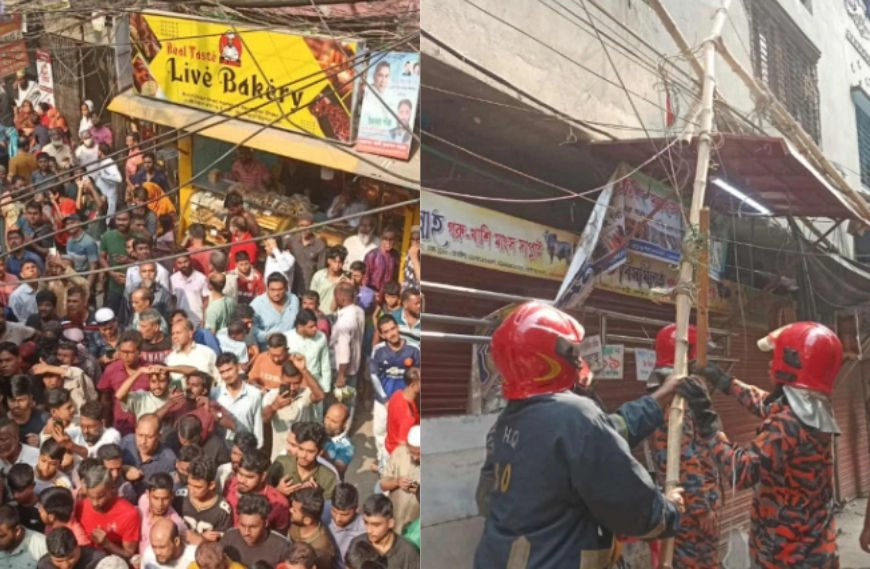A powerful earthquake in Bangladesh on Friday created a rare cross-border alarm, with strong tremors shaking Kolkata and several parts of eastern India. The quake, measured at 5.7 magnitude, struck about 25 km northeast of Dhaka and was felt within seconds across neighbouring regions, reminding both countries how closely their seismic destinies are linked.
According to early reports, the quake hit at a shallow depth of exactly 10 kilometres. Shallow quakes tend to produce stronger shaking on the surface, which explains why people in India felt such intense vibrations even though the epicenter was outside the country.
Residents in Kolkata, North 24 Parganas, South 24 Parganas, Nadia, and Murshidabad rushed out of homes and offices. Many said they had never experienced such shaking before. Videos from Kolkata showed people gathering on streets, worried about possible aftershocks. Local authorities confirmed that no major damage was reported in India.
In Bangladesh, the impact was more severe. Several buildings in and around Dhaka suffered cracks, while loose structures fell in some areas. The quake caused at least six deaths and dozens of injuries, mainly due to collapsing roofs and falling objects.
The incident has once again raised questions about cross-border preparedness. Experts say that India and Bangladesh sit on a complex seismic zone connected by deep faults beneath the Indo-Bangla region. This means a strong quake in one country can easily affect the other.
Urban planners in Kolkata have often warned that the city, built largely on soft soil, remains especially vulnerable. Many old and illegally modified buildings could face major damage if a bigger quake strikes the region.
Disaster management officials believe the event highlights the need for joint early-warning systems, shared seismic data, and regular cross-border drills between India and Bangladesh. Better cooperation, they say, could improve emergency response and save countless lives in the future.
For now, both nations have escaped a major disaster. But Friday’s quake serves as a reminder that earthquakes do not recognise borders and safety will require shared action on both sides.
Subscribe Deshwale on YouTube

